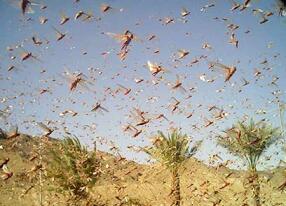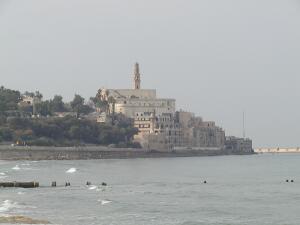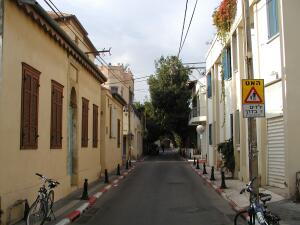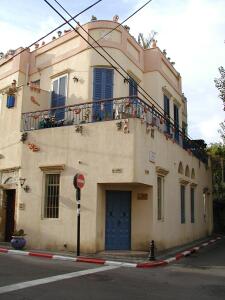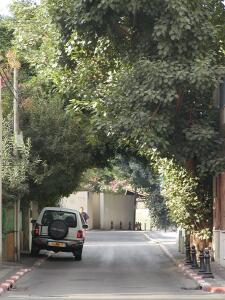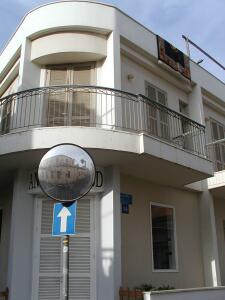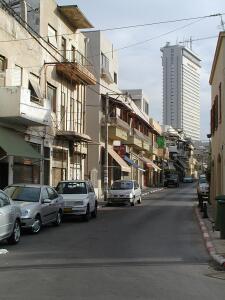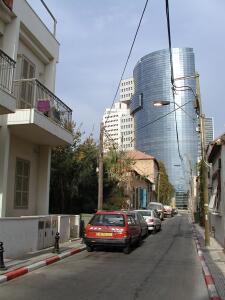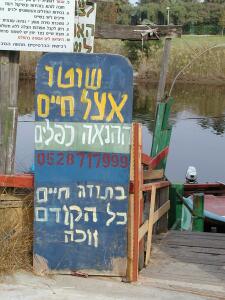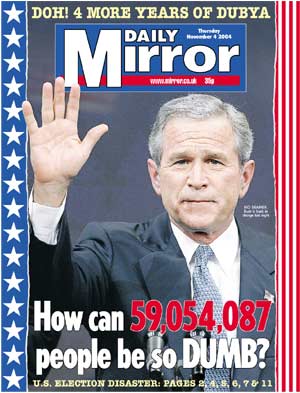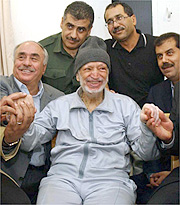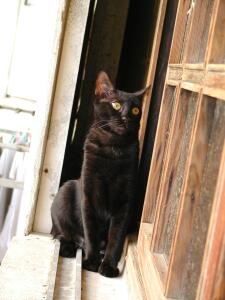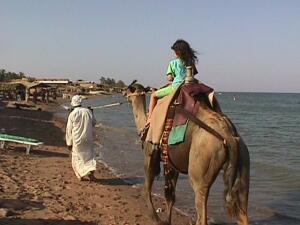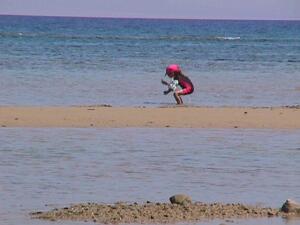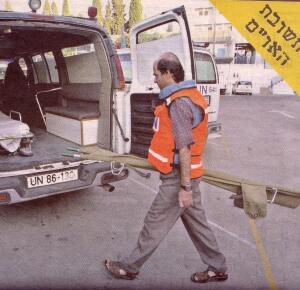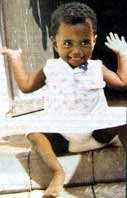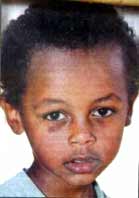Israel is not a country*
A turning point in my understanding of Jewishness and Zionism came a few years ago, while reading a chapter in a Hebrew book called “The Broken Chain – Polish Jewry through the ages, Part II. Society, Culture, Nationalism”, edited by Israel Bartal – Israel Gutman, published by the Zalman Shazar Center, Jerusalem in 2001. The chapter, written by Sabena Levine, was about efforts that were invested in developing Jewish secular education in Poland in the 19th century, as an alternative to the traditional Torah study.
The reality Ms. Levine described was familiar. It sounded very similar to the ongoing struggle, in Israel today, to modernize the education available to children in the ultra-Orthodox communities. It blew my mind to think it was happening in Poland well over a hundred and twenty years ago. The interest and involvement of the Polish authorities in Jewish education was also something completely new and intriguing for me.
It was a breaking down of a stereotype. The old black and white footage had always made it all look so primitive, so basic, reinforcing my tendency to think of Jewish Poland in terms of constrictive ‘Fiddler on the Roof’-ish shtetl life, with the community ‘parnass’ handling the tense, groveling relationship with the local landlord, and everyone near starvation level.
As always, stereotypes shrink things. The Jewish community of Poland was not only sizeable, it was also complex and diverse; it was a whole world. And it does not exist any more.
And that is what hit me head-on, like a freight train coming straight at me, as I read –
it does not exist any more. It was totally destroyed, completely annihilated, and no one remembers, and no one cares. Poland lives on, without its Jews, the Jews that had been there for a thousand years, and it doesn’t make one bit of a difference to anyone. A whole world, and it’s like it was never there. The Jews were never there.
The idea many people in the west seem to have about Israel and Israelis is completely stereotypical too. Some flippantly say that Israel should not exist, that the Israelis should just go back to where they came from (Where they came from? Back to the communities they left? What are they talking about here? Poland? Iraq? Libya? Iran?). They don’t care enough to take two minutes to think about what that means.
Or, they suggest, they could all just live together like one big happy family, those Palestinians and Israelis. (Why such a fuss? Where’s the problem? They’re all just a bunch of hairy Neanderthal savages anyway). The Arabs may very well slaughter all the Jews? No great loss. Anyway, they had it coming.
I read on the comment section of a blog recently that Jews have no history in the Middle East. I was amazed that no one bothered to address this accusation. For even if you believe that the Bible is just a fairy story and that the Jews of today have no connection to the Jews of old (in spite of ample scientific evidence to the contrary), how is it possible to ignore the fact that about half of Israelis are the descendants of Jews that were pushed, squeezed, and bullied out of most Arab and Muslim countries, including those bordering with Israel? This isn’t ancient history; this is the history of the twentieth century. To ignore this fact, when discussing what’s to be done with the historic aberration that is modern Israel, is ignorant and inhumane.
Not unlike the ancient Jewish community of Poland, only far more so, Israel is also a whole world, complex, diverse, continually developing in different directions.
You'll have noticed I haven’t been writing much lately. This is because I have been very busy with my 'day job'. But then I woke up this morning, and it crossed my mind that, in a flick of an eyelid, my whole world could disappear, just like the Jewish world of Poland, leaving no trace. We’re all so busy with our little lives; petty workplace politics; worrying about balancing our accounts; getting angry about injustices; feeling offended by things people do or say. And tomorrow it could all very well be gone and forgotten.
This is true for anywhere and everywhere. Life is impermanence and change. Life is unexpected. Nothing should be taken for granted. But is it not exhausting to have to live every day with the frightening knowledge that hundreds of millions of people, in all five continents, believe most deeply that the particular little world that you happen to inhabit is the most obscene, wicked sin and should, by right,
cease to be?
____________________________
*Forgive me for appearing to ignore the fact that
this extremely depressing article actually mainly discusses anti-American bias in Britain and not anti-Israel sentiment. I have been haunted by the assertion that “Israel is not a country”. Thank you,
Alisa, for the link.
Update: I see the article made
the Guardian. That's good. I hope their readers are listening, although I do fear they will think she's exaggerating. I know I do. Noticed by
Harry.


